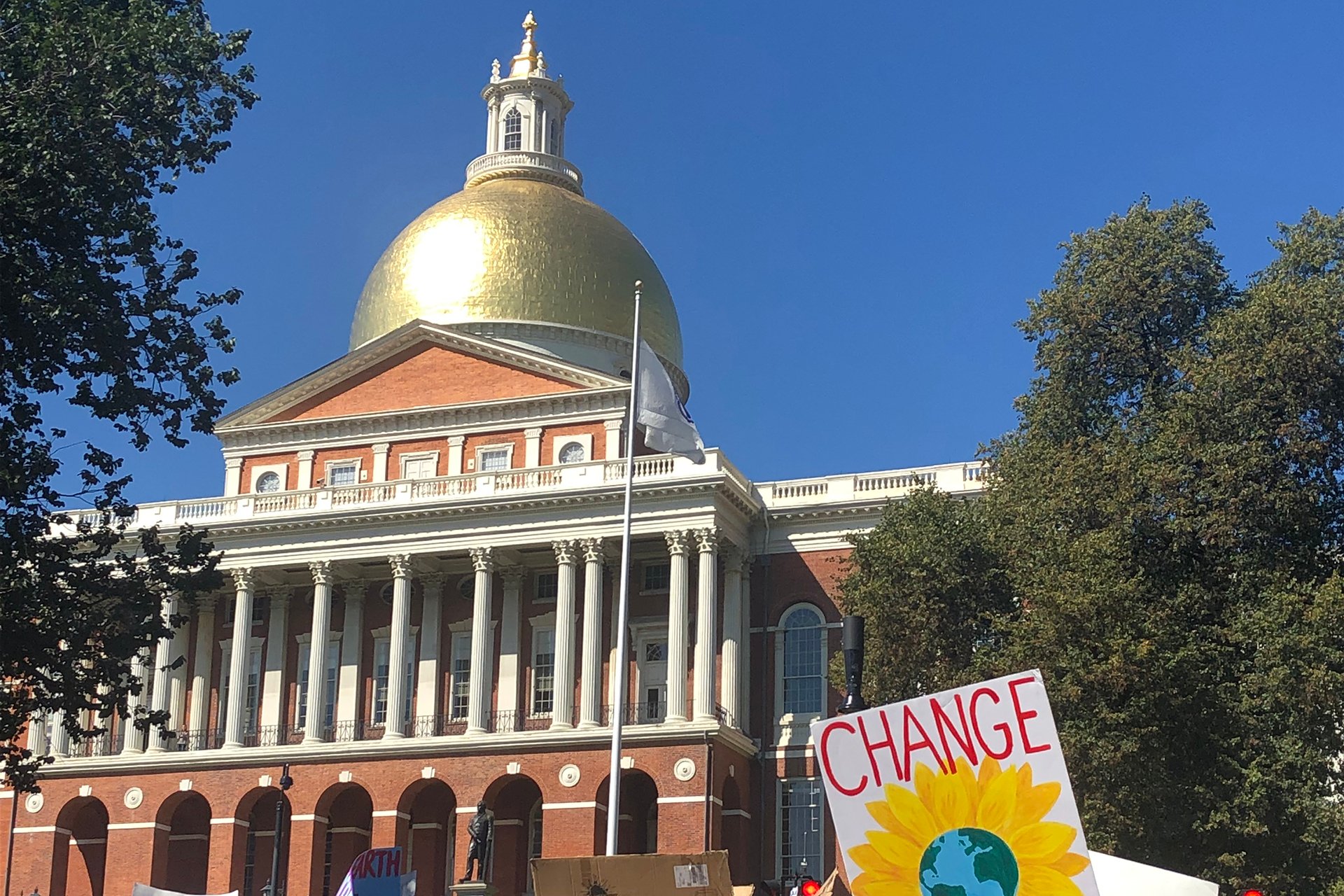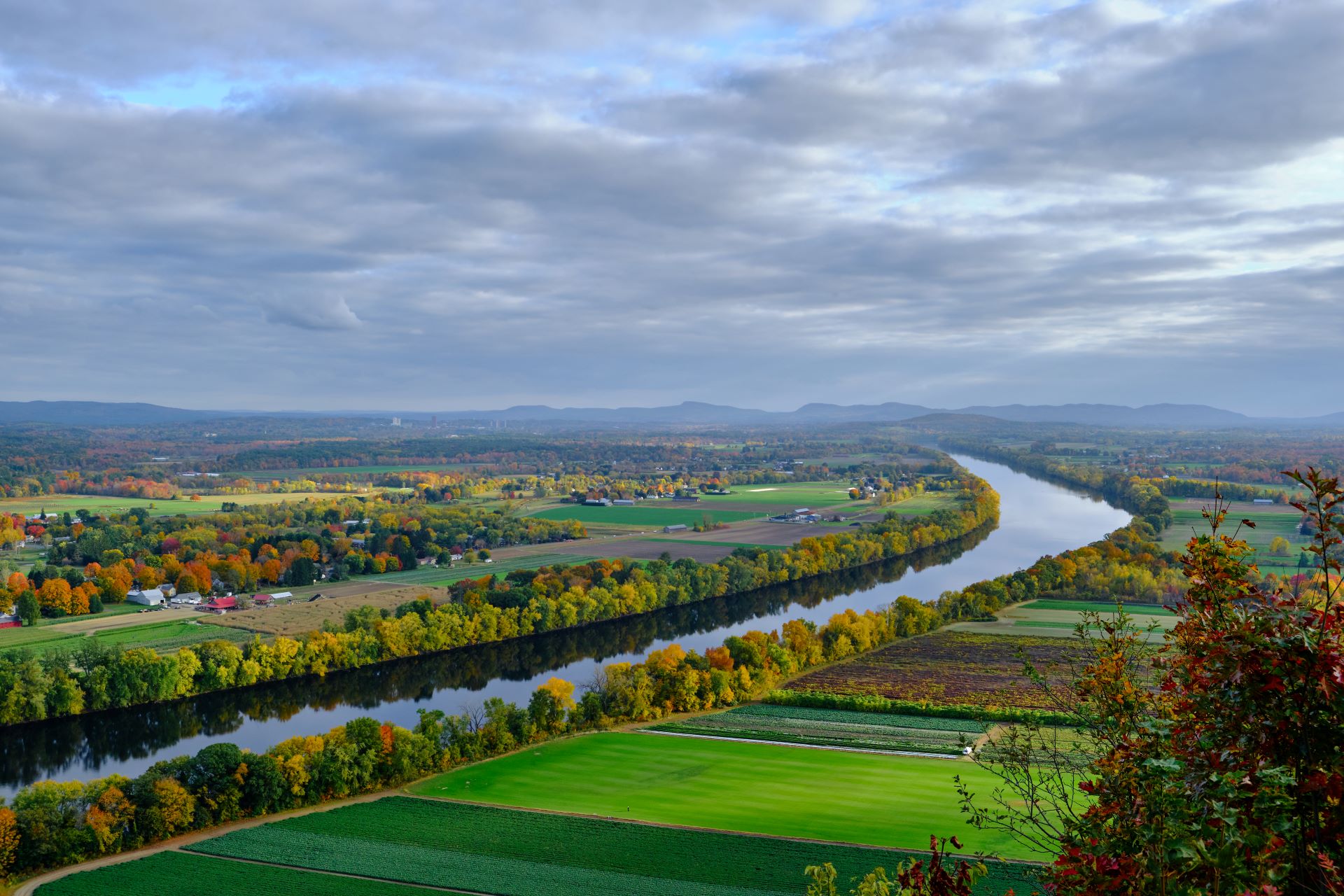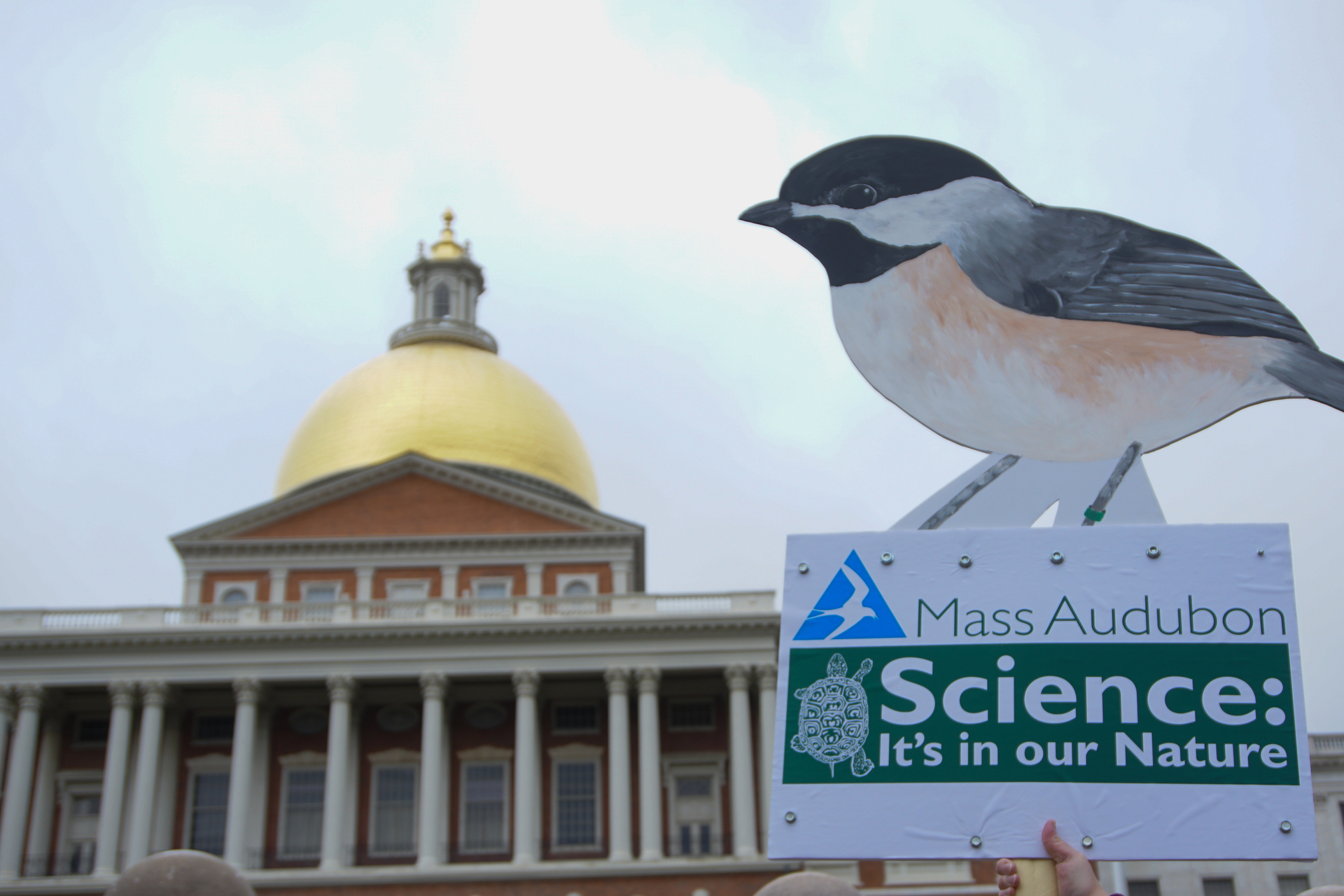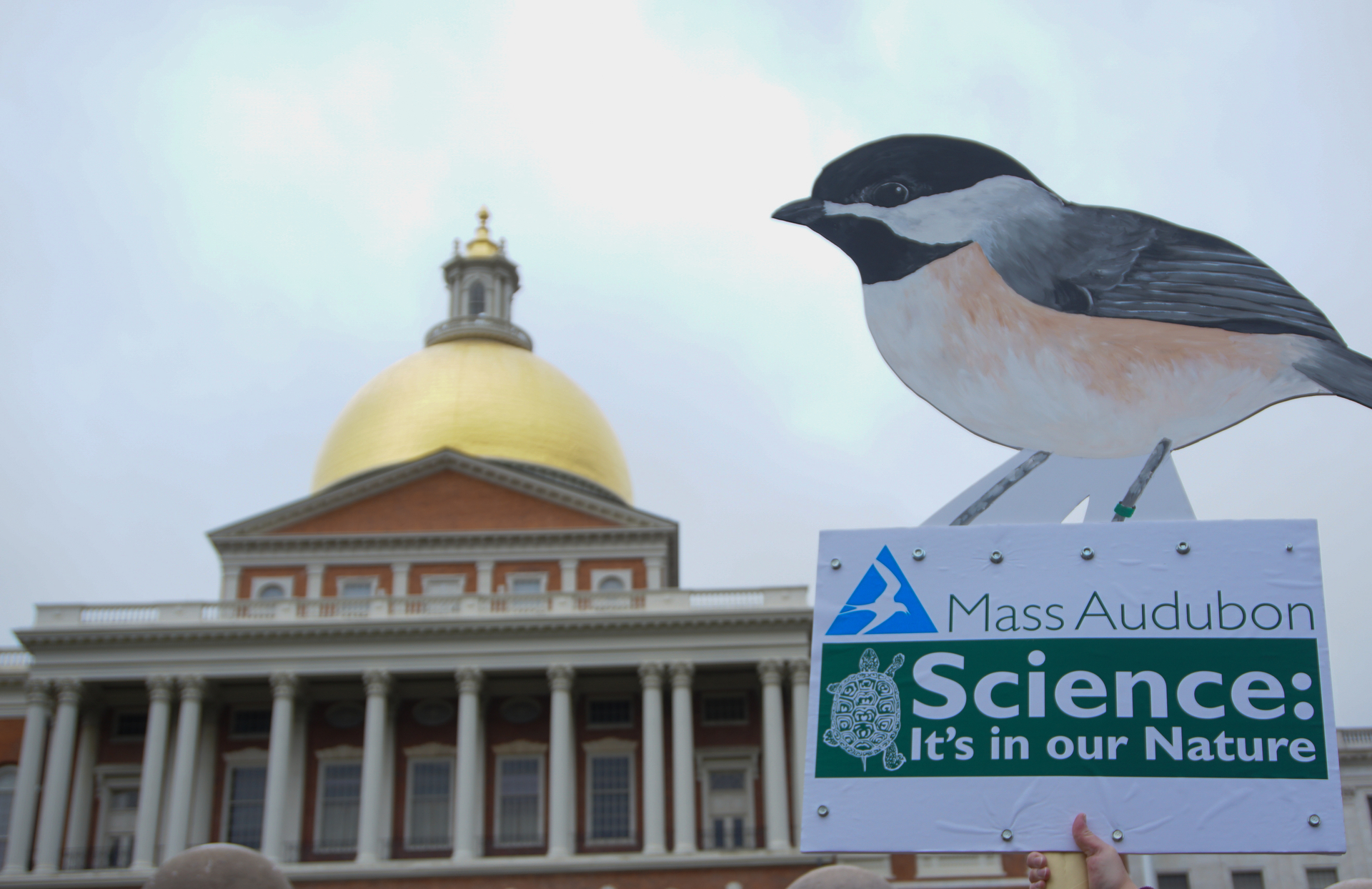Mass Audubon Celebrates Approval of Sweeping Climate and Clean Energy Legislation
Press Release
November 14, 2024
Today lawmakers sent a final version of a sweeping climate and energy bill to Governor Healey for her signature. For months after the end of the official legislative session, Energy Committee Chairs Rep. Jeff Roy (D-Franklin) and Sen. Mike Barrett (D-Lexington) kept working towards a compromise across a wide range of challenging climate and energy issues. They delivered An Act upgrading promoting a clean energy grid, advancing equity and protecting ratepayers.
Included in the Act is a top priority for both Mass Audubon and the Healey Administration, which is a much-needed reform to the Commonwealth’s approach to siting and permitting clean energy infrastructure.
In 2023, Governor Healey convened the Commission on Energy Infrastructure Siting & Permitting (CEISP), made up of stakeholders from utilities, energy developers, environmental justice groups, environmental and ratepayer advocates, municipalities, and state energy and public utility officials. Mass Audubon’s Vice President for Policy & Advocacy Michelle Manion represented environmental interests on the Commission.
The Governor tasked the CEISP with developing recommendations to speed up permitting of clean energy projects while also reducing their impacts on nature and environmental justice (EJ) communities. The CEISP’s recommendations formed the basis of the final energy siting and permitting provisions in the climate bill.
Thanks to this law, cities and towns will have a significant and clearer role in shaping projects that will help achieve statewide goals for clean energy, EJ, and protection of nature. Under the new approach, towns and cities will be responsible for permitting most solar and many other energy projects, and will have guidance, specific criteria, and technical support provided by the state.
“We applaud Governor Healey, Energy and Environmental Affairs (EEA) Secretary Tepper, and Undersecretary of Energy Michael Judge for creating a more balanced approach to energy siting and permitting, and Chairs Roy and Barrett for prioritizing the legislation, and shepherding it across the finish line.” said Manion. “Crucially, this bill recognizes how important nature is for achieving the state’s ambitious climate goals by removing carbon, as well as protecting biodiversity, improving access to nature, reducing flooding, and protecting drinking water.”
The Act also includes other elements needed to achieve net-zero greenhouse gas (GHG) emission reduction goals by 2050: provisions to smooth the transition away from natural gas, deploy more electric vehicles and energy storage, and speed up wetlands restoration.
Mass Audubon’s Chief Conservation Officer Jocelyn Forbush added that “Our Growing Solar, Protecting Nature analysis showed that Massachusetts doesn’t have to sacrifice nature to rapidly scale clean energy deployment. Instead, we need to plan for responsible siting of new energy infrastructure, using opportunities to site projects on buildings, parking lots, and already developed lands as much as possible. And when other lands are needed, we need to make sure that impacts to natural systems are avoided and minimized; and ultimately, we also need energy companies to pay to mitigate impacts of their developments.”
Key details to define and rank the suitability of sites using environmental and EJ criteria will be worked out over the next 18 months.
Mass Audubon will leverage our 160,000 members, supporters, and advocates to push for a consistent statewide approach to energy siting and permitting that better safeguards the outdoors. Join our Grow Solar, Protect Nature campaign to speak up for nature.
About Mass Audubon
Mass Audubon is the largest nature-based conservation organization in New England. Founded in 1896 by two women who fought for the protection of birds, Mass Audubon carries on their legacy by focusing on the greatest challenges facing the environment today: the loss of biodiversity, inequitable access to nature, and climate change. With the help of our 160,000 members and supporters, we protect wildlife, conserve and restore resilient land, advocate for impactful environmental policies, offer nationally recognized education programs for adults and children, and provide endless opportunities to experience the outdoors at our wildlife sanctuaries. Explore, find inspiration, and take action at massaudubon.org.






